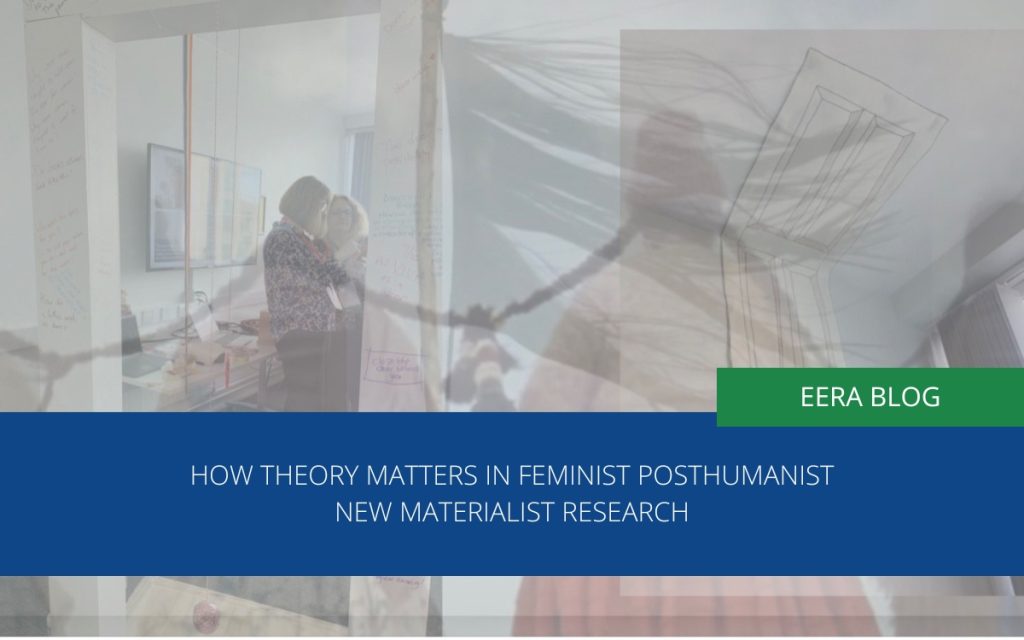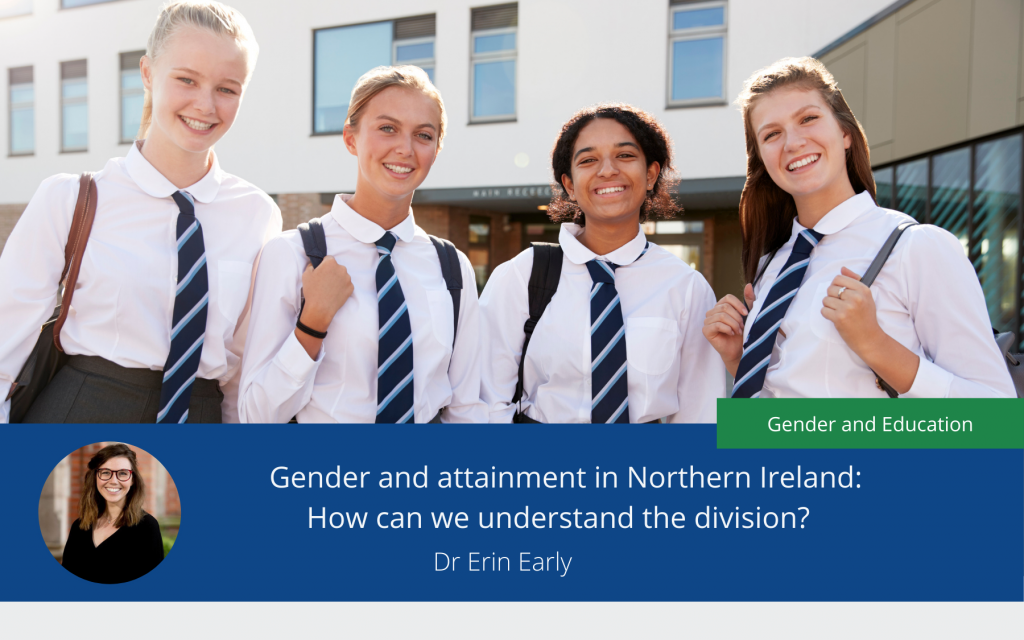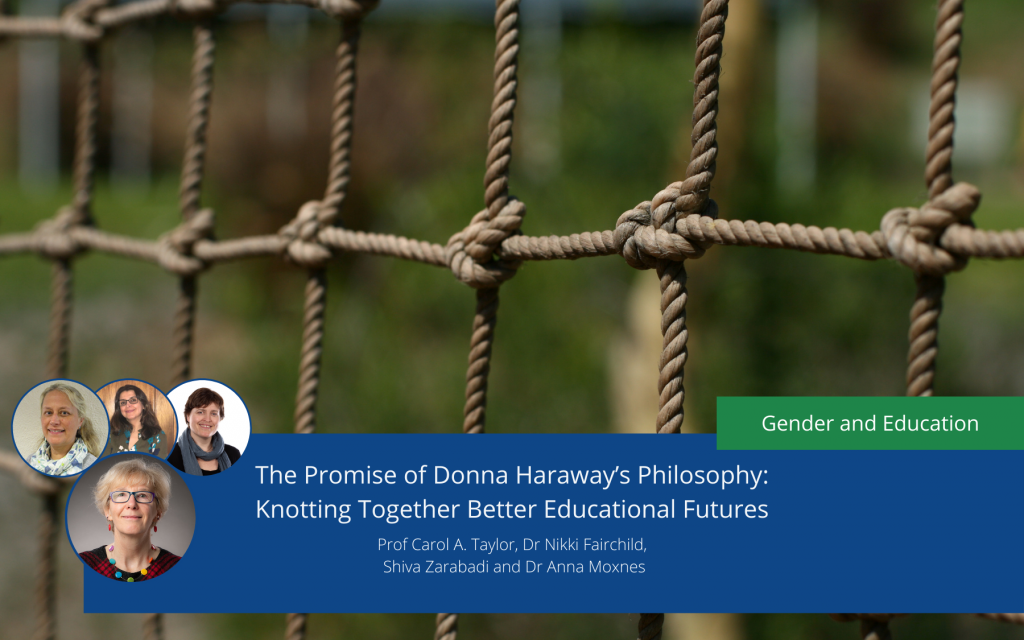Meet Susanne Maria Weber Link Convenor of NW 32
Meet Line Revsbaek, Deputy Link Convenor of NW 32 Organizational Education
Meet Andreas Schöer, Convenor of NW 32
Meet Claudia Fahrenwald, Convenor of NW32
Network Objectives
Organizations are an important factor of social life in modern societies. Through organizations, demands on human acting are made, and organizations can be formed with the proviso of human criteria. In the complex processes of modern societies, organizations are often granted the status of actors. Therewith organizations become addressees of reforms and actors of development and of learning processes.
Globalization, virtualization and demographic change bring plenty of changes the society of the 21st century has to adapt itself to. This also is true for its organizations, be it schools, kindergarten, youth institutions, hospitals or industrial enterprises. Today organizations (as individuals) have to orient themselves internationally and multiculturally. They have to learn to act as part of a mediatized world and to handle the mediatization of experience creatively (e.g. virtual simulations, internet platforms). They have to open new possibilities for the interplay of generations and ways of life (e.g. work-life-balance, intergenerational knowledge transfer). Additionally, the acceleration of innovations is significant. Especially in the field of vocational competences, the half-life of knowledge has rapidly decreased at the same time the demands for the flexibility of the employees and for their willingness to learn has grown enormously.
All these trends require not only individual lifelong learning but also supraindividual, collective, organizational learning processes. They require that the organizations enhance themselves. These enhancements not only technologically answer the mentioned societal trends but always imply an ethical decision.
The support of such development and learning processes is an educational task. The educationalist knowledge about organizational learning and its support is growing. In the German Society for Educational Science (DGfE) the commission “Organisationspädagogik” (Organizational Education) was founded in 2007. The international participants at the last conferences of this commission, as well as published contributions of international colleagues, showed the scientific interest of colleagues from diverse countries on this topic. So while the educationalist knowledge about organizational learning, about its barriers and its support, is growing, it urgently needs more structured exchange on an international level.
The EERA Network on Organizational Education foundend in 2014 aims to serve as a basis of such exchange.
Themes in the Research Field
The following list is to be understood as a selection of research topics the network will look into at its symposia, workshops, paper and poster sessions:
- Organizations as Learning Fields
- Organization as Cultural Practice; Development of Organizational Culture
- Learning in and of Networks and Communities of Practice
- Methods of Educational Research in and on Organizations
- Relations between Educational Research of Organizations and Educational Interventions in Organizations
- Diversity Education, Diversity Management and Organizational Learning
- Relations between Organizational Development and Human Resources Development
- Educational Management (of Schools, Social Institutions, Industrial Enterprises and other Organizations)
- Relations between Organization and Profession
- Ethics of Organizational Learning and of Educational Interventions in Organizations
- Knowledge Management and Knowledge Transfer in Organizations
Quality Management of Organizational Learning
Learning Potentials of Organizational Crises
NW 32 runs a mailing list and invites researchers to join.
To join the mailing list, send a blank message to (nw32-subscribe(at)lists.eera-ecer.de)


